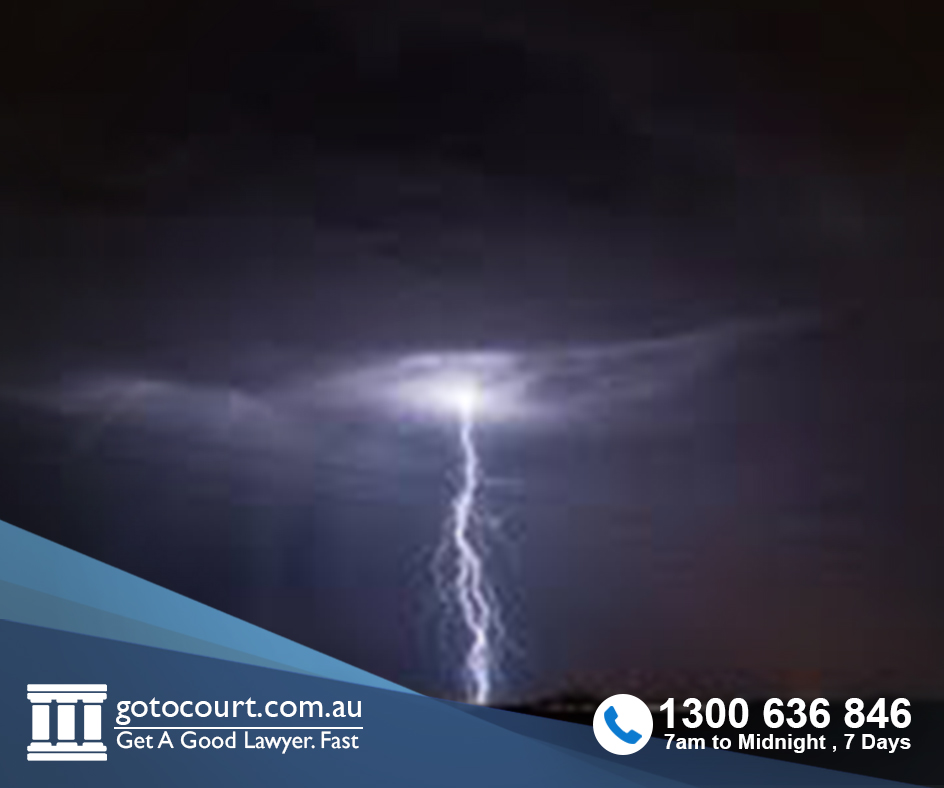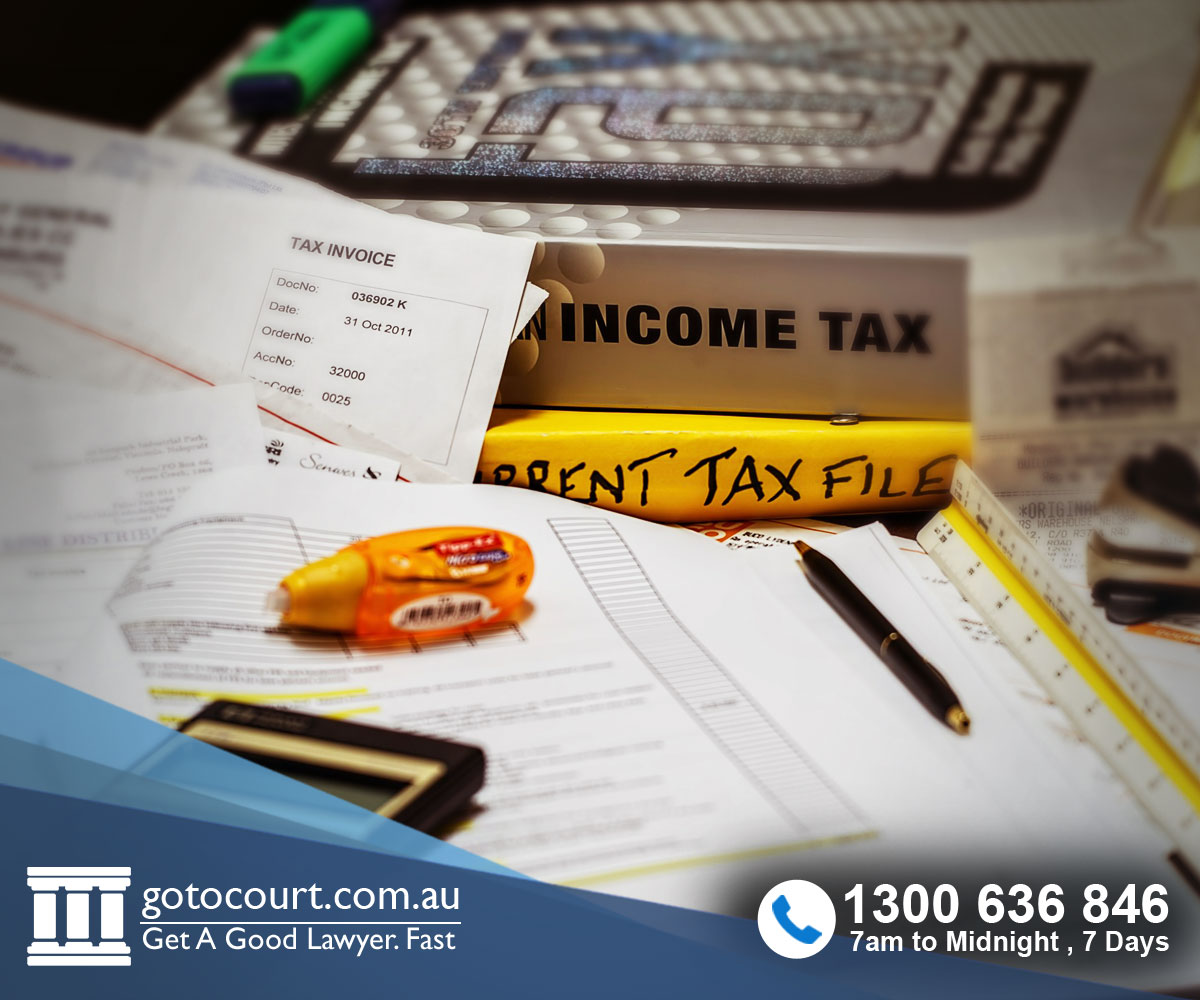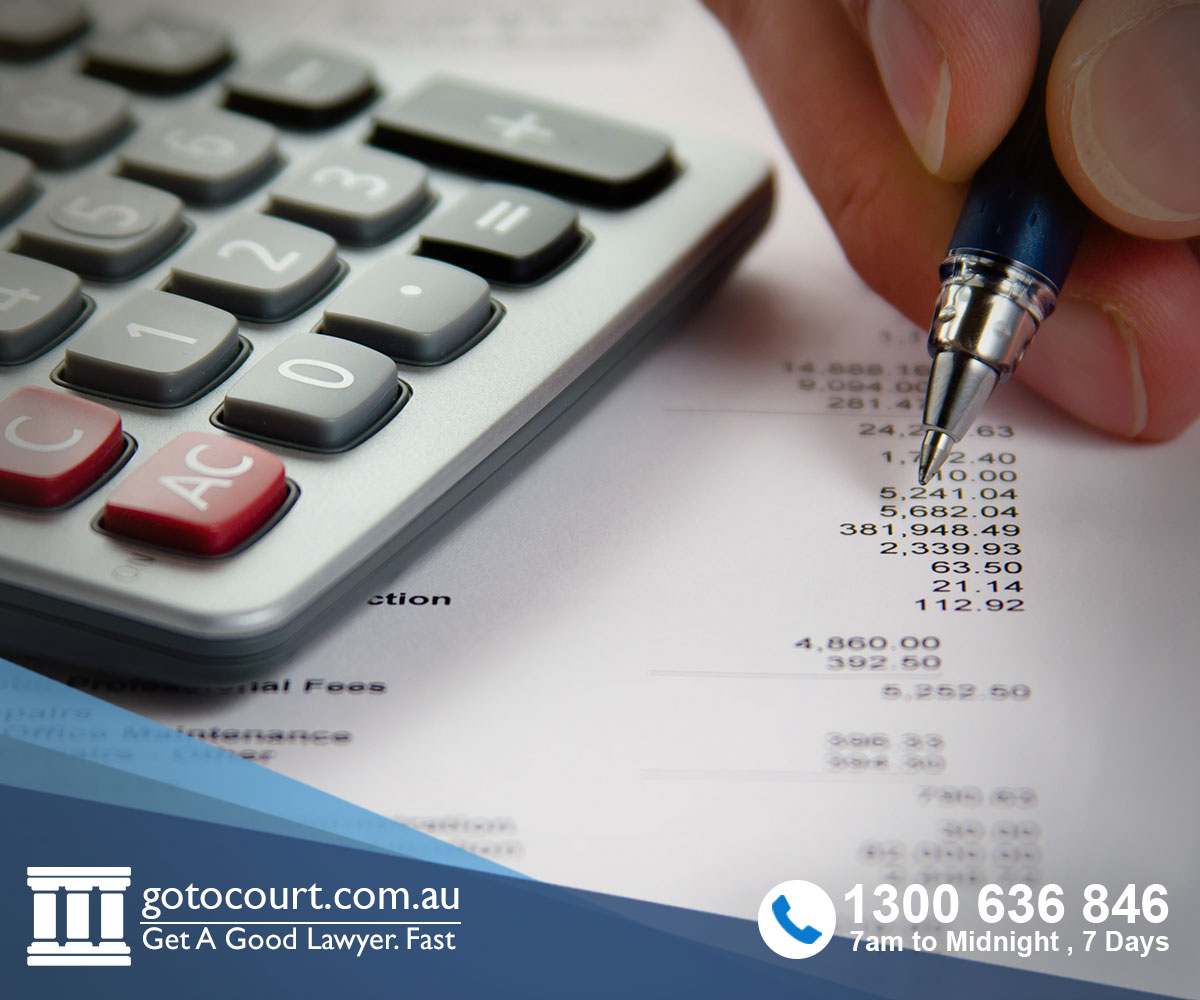Capital Gains Tax in Australia
Capital Gains Tax in Australia
The Australian tax system is generally designed to generate money for the Commonwealth government. Tax is collected by the Australian Taxation Office (ATO) and is used by the government to help cover its expenditure. For individuals, the types of income that are taxed include not only a person’s salary or wages but also financial gains made when a person sells certain types of assets. This is known as Capital Gains Tax (CGT). CGT can either increase or decrease a tax bill, depending on whether there is a gain or a loss on the sale of the asset compared with what it originally cost.
Legislation
While Australian taxation law is set out in numerous Acts, the one that primarily governs CGT is the Income Tax Assessment Act 1997 (Cth).
When does CGT apply?
Under section 102-20 of the Act, CGT applies to gains or losses made when a CGT event occurs.
A CGT event is a transaction that results in a person making a gain or a loss when they dispose of a CGT asset. Most commonly, this is through the sale of an asset.
Section 102-5 of the Act defines what constitutes a CGT asset. A CGT asset is, ‘any kind of property or any kind of legal or equitable right that is not property’.
A CGT asset can therefore be almost anything that can be owned by a person. This includes land, shares, and investment properties.
When does Capital Gains not apply?
There are some exceptions from CGT. A loss or gain made when a person disposes of their main residence is exempt from CGT. A main residence is the address at which a person lives most of the time. This allows people to buy and sell their own homes without being subject to CGT.
Losses or gains made on assets acquired before 20 September 1985 (when the CGT regime was implemented) are generally also exempt from CGT.
Other CGT exceptions include:
- Cars and motorcycles. However, these assets may be subject to state or territory taxes, known as stamp duty;
- Collectable items that cost less than $500;
- Decorations awarded for valour or bravery (unless they were purchased);
- A real estate property which was the taxpayer’s main residence. Again, this kind of asset may be subject to state or territory stamp duty.
- Compensation received for injuries;
- An asset used to produce exempt income; and
- Assets purchased for personal use which are sold for less than $10,000.
Timing of events
The time at which a CGT event occurs will vary depending upon the type of asset. If, for example, the asset is purchased outright, the date of the purchase will be the relevant date for calculating CGT. If the asset is a house or land, the relevant date is the date the parties enter into the purchase contract, not the settlement date.
Complying with CGT requirements
People who acquire a CGT asset, such as an investment property, should keep all receipts and accurate records of any expenses, transactions, and repairs to the property. This will allow them to accurately calculate any capital gain or capital loss when the asset is sold later.
CGT can involve complex rules and calculations, such as when a person acquires a CGT asset as a gift, for less than its market value from a family member or friend, or when an investment property has been a person’s main residence for only part of the time they owned it. When such complications arise, you should seek professional advice about your CGT obligations.
Calculating CGT
Calculating capital gains or capital losses can be complex. For more information, refer to our page Calculating Capital Gains Tax.
If you require legal advice or representation in any legal matter, please contact Go To Court Lawyers.

Affordable Lawyers
Our Go To Court Lawyers will assist you in all areas of law. We specialise in providing legal advice urgently – at the time when you need it most. If you need a lawyer right now, today, we can help you – no matter where you are in Australia.How It Works




1. You speak directly to a lawyer
When you call the Go To Court Legal Hotline, you will be connected directly to a lawyer, every time.

2. Get your legal situation assessed
We determine the best way forward in your legal matter, free of charge. If you want to go ahead and book a face-to-face appointment, we will connect you with a specialist in your local area.

3. We arrange everything as needed
If you want to go ahead and book a fact-to-face appointment, we will connect you with a specialist in your local area no matter where you are and even at very short notice.













